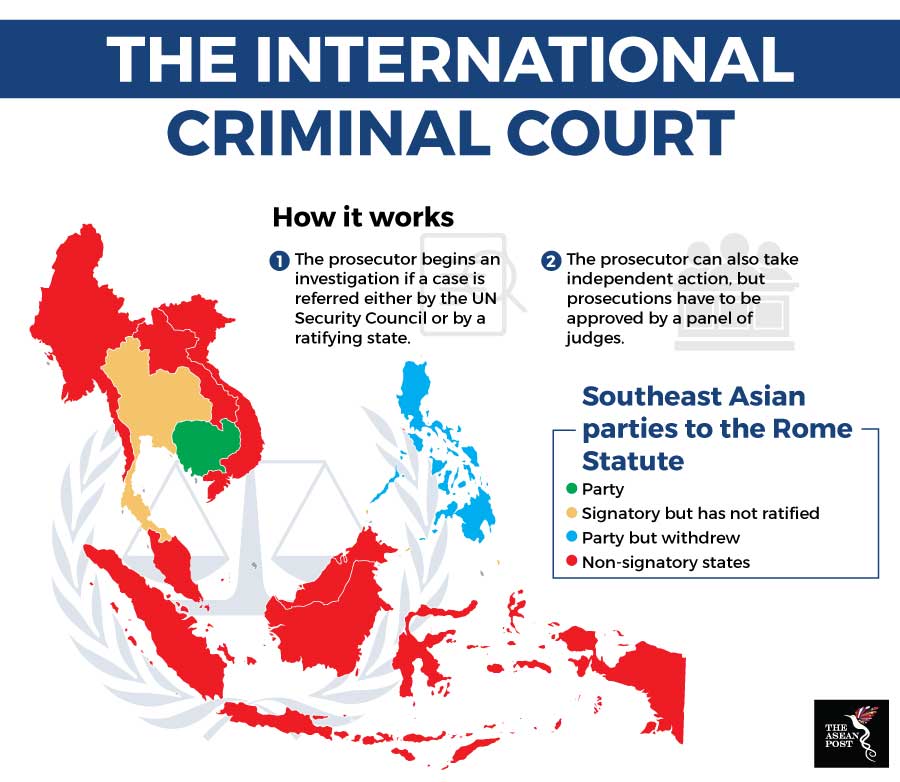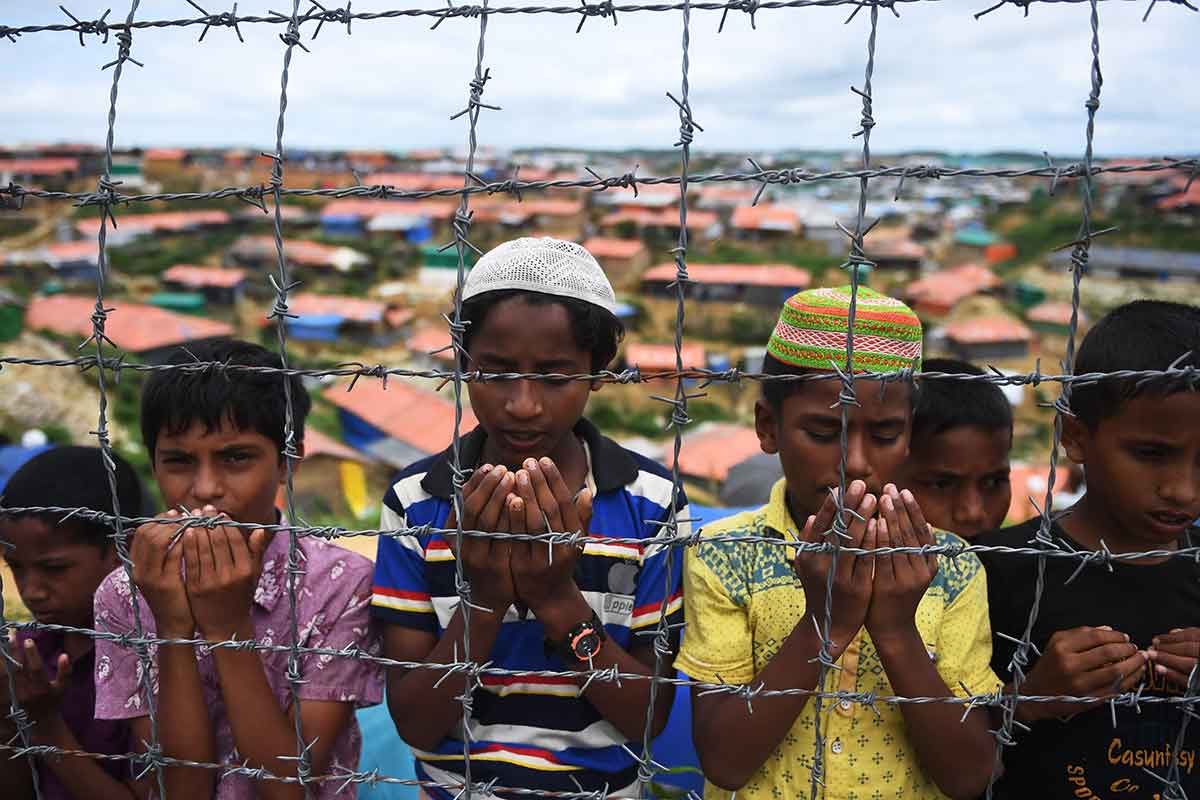The heat on the government of Myanmar and the Tatmadaw is growing. After strong international pressure and condemnation of the country due to its actions against the Rohingya Muslims, the International Criminal Court (ICC) is finally stepping in.
On 18 September, the ICC’s prosecutor opened a preliminary probe into Myanmar’s alleged crimes against the Rohingya. While Myanmar may not be signatories of the Rome Statute – the ICC is governed by an Assembly of State Parties which is made up of countries which are party to the statute – two judges at the ICC ruled that the Court still has jurisdiction over crimes against the Rohingya because Bangladesh is a member.
A preliminary examination is not a full investigation yet, but the prosecutor, Fatou Bensouda, says she will look at whether there is sufficient evidence to warrant a full investigation into Myanmar’s actions in the northern Rakhine state.
"I have decided to proceed to the next phase of the process and to carry out a full-fledged preliminary examination of the situation at hand," Bensouda said in a statement.
“The preliminary examination may take into account a number of alleged coercive acts having resulted in the forced displacement of the Rohingya people, including deprivation of fundamental rights, killing, sexual violence, enforced disappearance, destruction and looting” she said.
Over the past few months, Myanmar has received intense pressure from international institutions. In August, the United Nations (UN) called for top Myanmar military officials to “be investigated and prosecuted” for genocide of the Rohingya people in the northern Rakhine state as well as for crimes against humanity and war crimes under international law.
This call to action comes after a fact-finding mission carried out by the United Nations Human Rights Council (UNHCR) revealed the patterns of gross human rights violations and abuses committed in the states of Kachin, Rakhine and Shan. Crimes committed by the military in Myanmar have been described as “undoubtedly the gravest crimes under international law.”
“The crimes against humanity committed in Kachin, Shan and Rakhine states include murder; imprisonment; enforced disappearance; torture; rape, sexual slavery and other forms of sexual violence; persecution and enslavement,” said the UN report.
 Source: Various
Source: Various
Powers of the ICC
As the ICC begins its probe on Myanmar, the international community looks on and wonders what powers does the ICC actually have?
The ICC was first established in 2002 by the Rome Statute Treaty after the genocide in the former Yugoslavia and Rwanda. The Rome Treaty has been ratified by 121 states, meaning they have agreed to cooperate with the Court. Notable non-signatory parties include the United States (US), Russia and Myanmar.
The ICC has the jurisdiction to prosecute individuals for international crimes of genocide, crimes against humanity, and war crimes. It was actually established to fill the void in existing national judicial systems should the countries in question be unwilling or fail to prosecute criminals. The ICC can also prosecute criminals when the UN Security Council or individual nations refer situations to the Court.
Despite its supposed powers, many have criticised the ICC for failing to bring some criminals to justice. One notable example is the case of Sudan president Omar Al Bashir. In 2009, the ICC called for his arrest, indicting him on five counts of crimes against humanity. However, Sudan is not a signatory to the Rome Treaty and claims that it cannot execute the warrant despite the fact that the warrant obligates the state to cooperate with the ICC. Seven years since the warrant was issued, Al Bashir is still the president of Sudan.
The Myanmar government has said that it “resolutely rejects” the notion that the ICC has jurisdiction over the country. The government there dismissed the ruling by the ICC judges as “the result of faulty procedure and is of dubious legal merit.”
The case of Omar Al Bashir reveals a fundamental flaw in the ICC. Even if arrest warrants were dished out against top military officials, it is extremely unlikely that the state would cooperate and arrest one of its own military officials. The Myanmar government may be a civilian one now, but the military still holds strong influence over the country’s public institutions. Furthermore, most countries in Southeast Asia are not signatories of the Rome Treaty. Therefore if any wanted military officials were to visit a country that has not ratified the statute, for example Singapore or Indonesia, the country in question would not be obligated to execute the arrest warrant.
It is doubtful that any indictment by the ICC would result in arrests but it could send a strong message to the country. Whether Myanmar listens and responds to such a message, remains to be seen.
Related articles:
UN report reveals genocide in Myanmar
Myanmar crisis getting out of hand
How trade wars affect human rights
